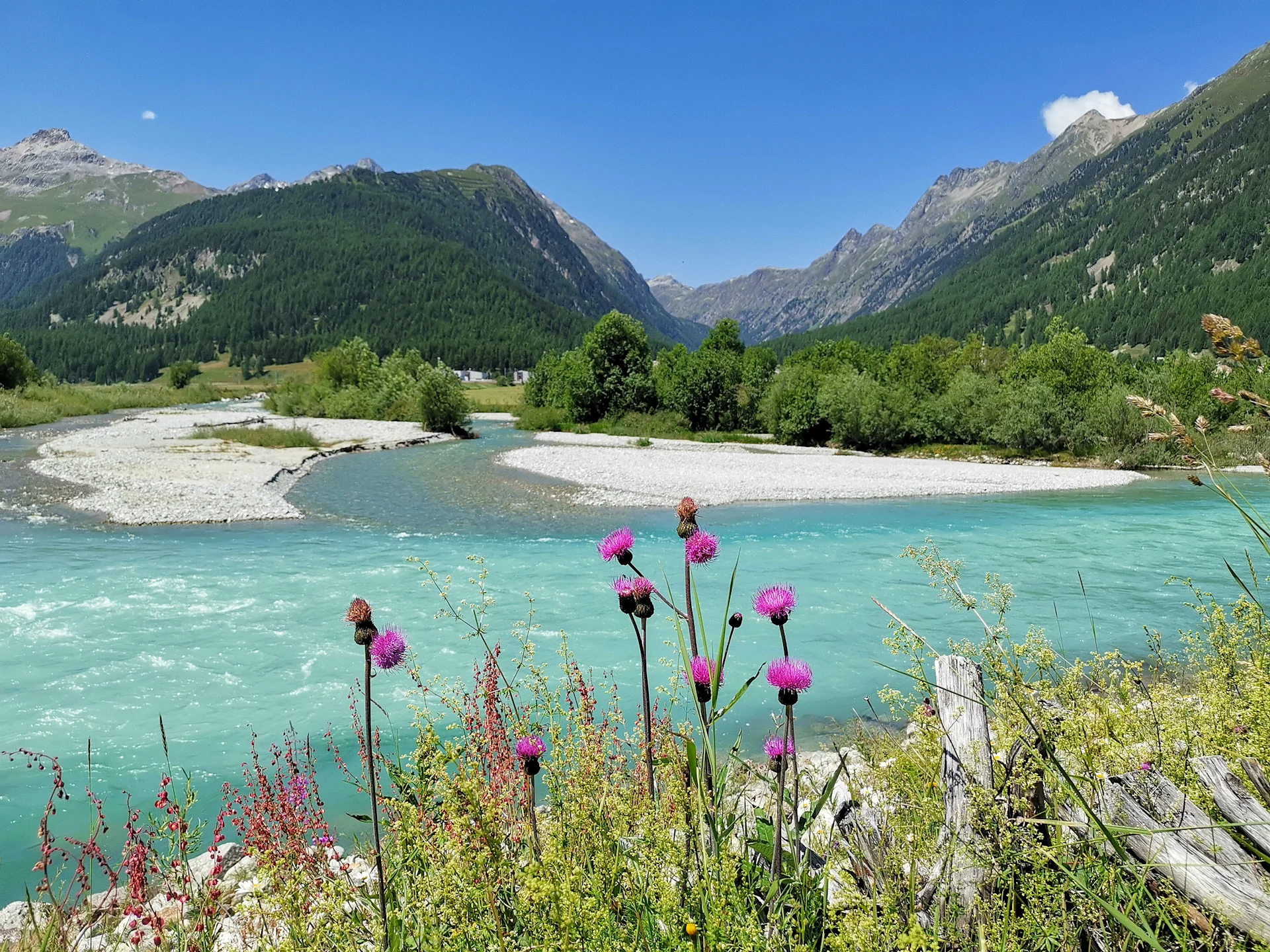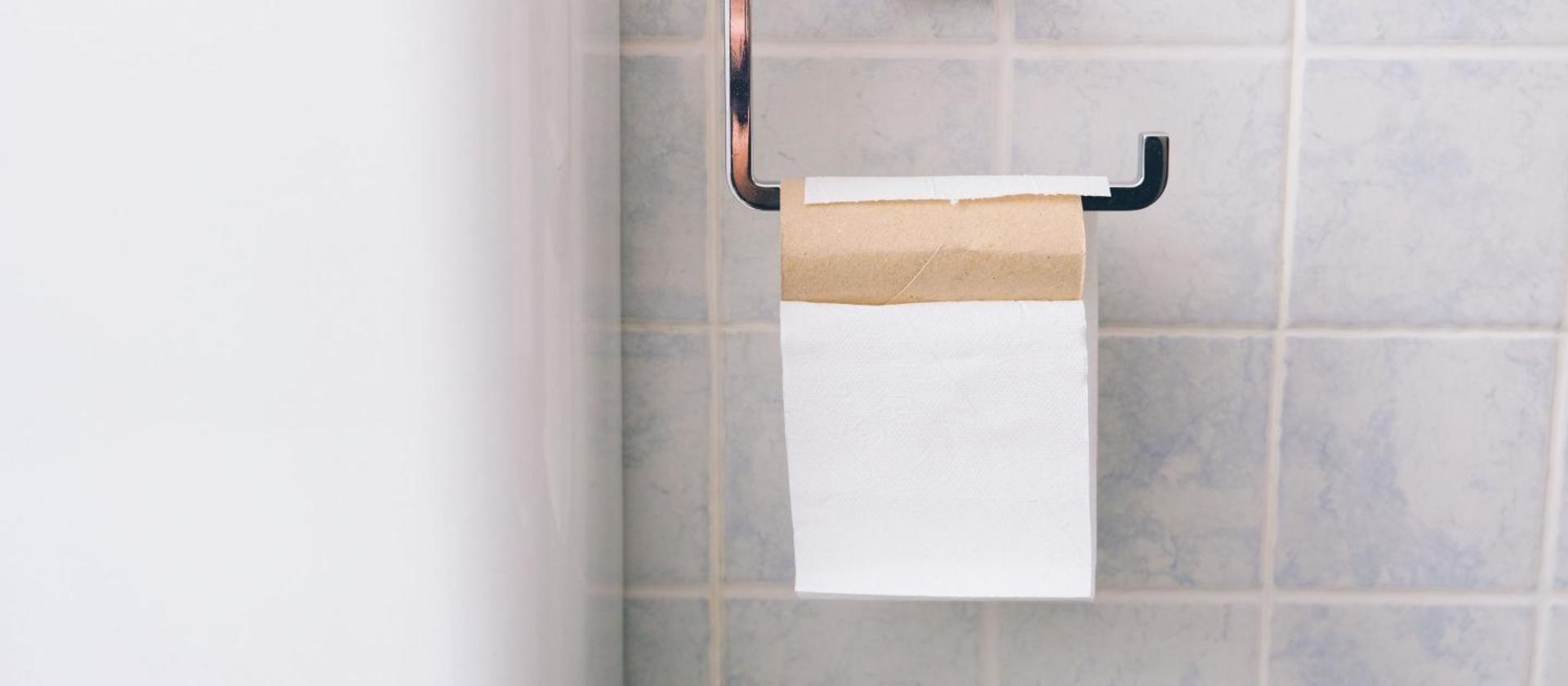
Biodiversity
Back to nature
The example of Bever shows the benefits of renaturation the floodplains. We also present four day trip destinations.
navigation

Sustainability
It goes without saying that kitchen scraps and teabags can go in the compost. But what about all the other waste produced at home? Find out here!
Not everything that is compostable can be composted everywhere. The following tips apply primarily to your own compost. Would you like to compost, but don’t have a garden? Then buy a worm composter. They fit into every kitchen! Composting always involves a bit of experimentation. For example, with the following surprising things:
For a worm compost, small quantities of cardboard are even considered “important fibrous feed”. It should make up about a fifth of your compost waste. This also includes egg cartons. The occasional handkerchief or paper napkin is also acceptable.
It’s best if a handful of these are torn into small shreds to serve as a base for your organic waste. Large quantities of bleached paper don’t belong in the compost. For many people, empty toilet rolls end up in the rubbish anyway because they are too small for cardboard recycling. So pop them in the compost!
As long they are made of 100% organic cotton and bamboo, cotton buds are compostable. Here, too, you should cut the used sticks into small pieces so that they break down faster. However, even compostable cotton buds don’t belong in green waste bins.
No products that could be mistaken for non-biodegradable products are allowed in the so-called “biomass system”. You should also always follow the rules that apply at communal composting areas.
If clothes have a “cradle to cradle” certificate, they can go into the compost. This applies, for example, to the Black Denim collection from Circular Clothing. This Migros Pioneer Fund project has designed completely compostable clothes that are made purely from organic materials and without any toxic chemicals whatsoever.
However, this applies to very few clothes – even if they’re made of natural fibres such as linen, silk or wool. That’s why you shouldn’t just throw old organic cotton shirts in the compost.
Could you knit a sweater from all the fur shed by your favourite four-legged friend? We thought so too – and then threw this home-made wool in the bin instead. And yet animal hair composts very well! The same applies to untreated feathers that come out of down pillows, for example.
It’s best not to compost these in lumps, but to break or cut them up a little before disposal. Human hair is theoretically biodegradable too. However, since it is usually chemically treated or at least comes into contact with care products, it should be put in the normal household waste – and never in the toilet.
You probably already knew this, but Migros’ coffee innovation is completely biodegradable. The coffee balls used in the new Migros coffee system CoffeeB contain neither plastic nor aluminium and are 100% compostable. They therefore dissolve within weeks in the compost. Alternatively, you can add them directly to soil – and fertilise your roses at the same time.
The droppings of hamsters, voles and the like can be composted together with used hay, straw and sawdust. However, the same definitely doesn’t apply to dog and cat excrement or cat litter. Incidentally, the latter doesn’t belong in the toilet, but in regular household waste.
We can’t give you a definitive answer about whether or not eggshells belong in the compost. There are roughly as many voices in favour as against. So feel free to continue discussing the matter around your kitchen table!
In conclusion, it can be said that the composition, composting procedure, location and maintenance of compost all determine how well organic material decomposes.
Promoting biodiversity: we can't do it on our own. Play your part now and protect Switzerland's biodiversity together with us!